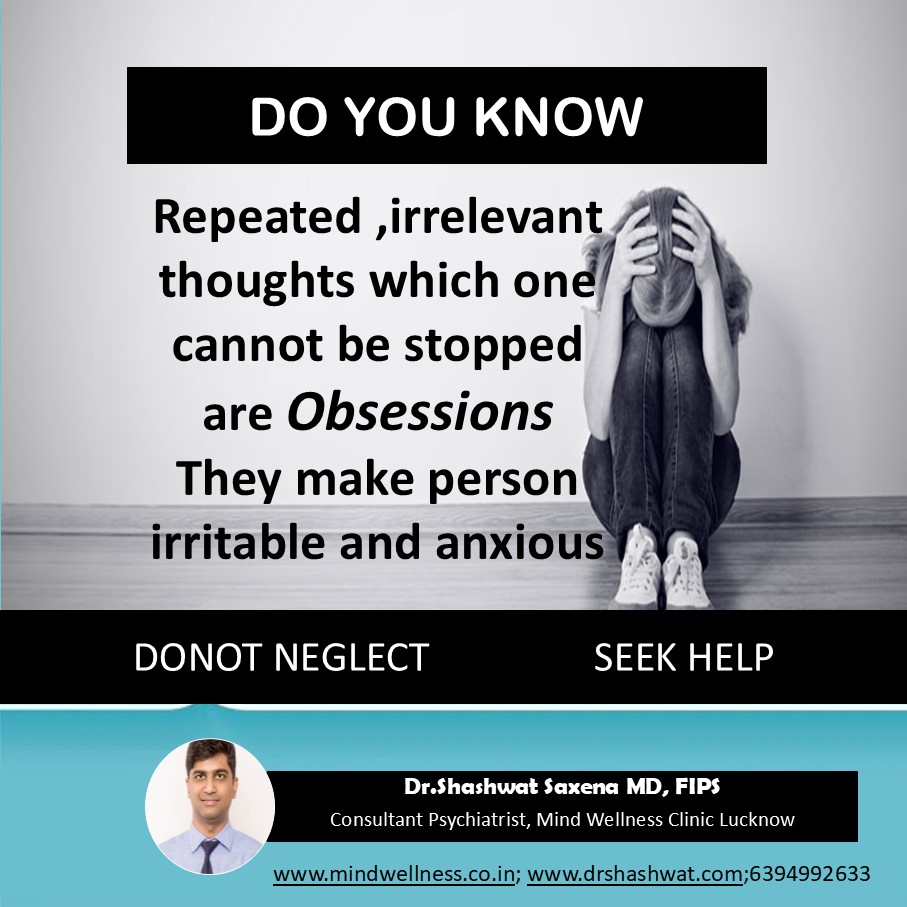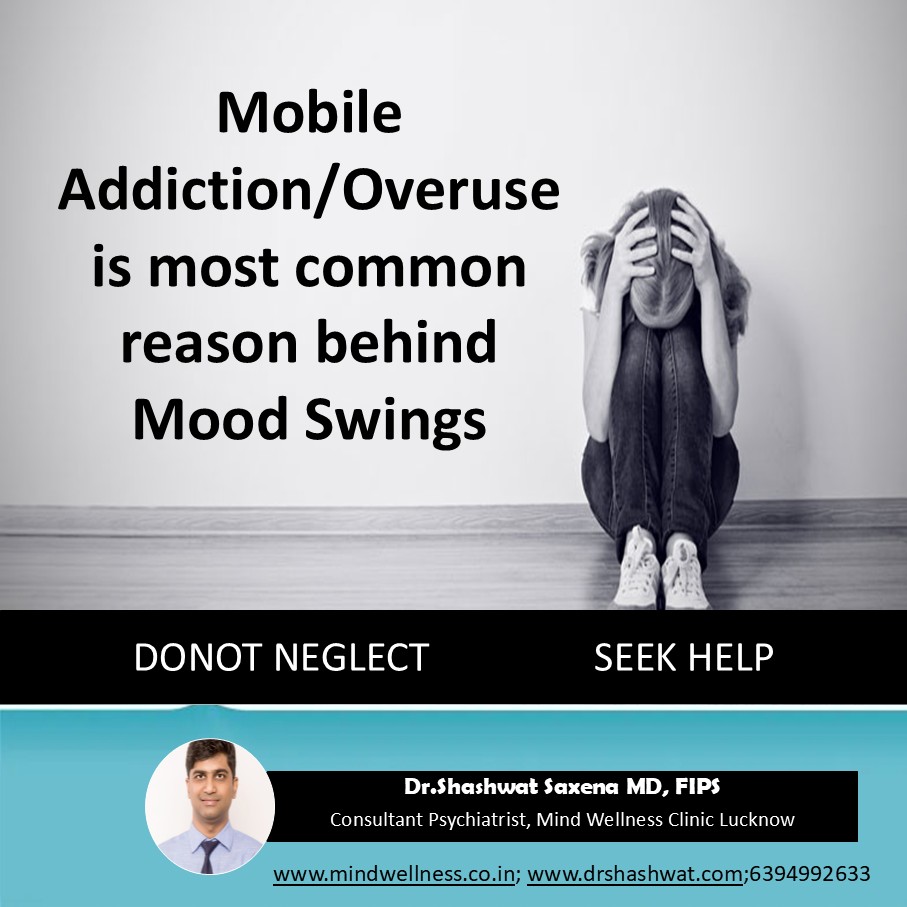Why New Year Resolutions Fail And How To Make Them Work

Most of us see 1st January as the day we would
bring massive change in our lives. We make a list of things or behaviours or
our changes which we feel we will bring in ourselves as the new year starts.
Most common resolutions made are related to health (I would not eat junk food;
I would not remain awake till late; I would be exercising or I would get rid of
extra weight) some are related to substance use ( 31st dec would be
last day I drink alcohol from tomorrow would quit ; or no tobacco / cigarette
from 1 st January ) while other resolutions are more for happiness and
positivity ( I will be more positive this year or I would be more happy or
things like that. Most resolution they fail (98%) and the people who were
jubilant and enthusiastic for the new beginning see their endeavour to bring
change in themselves lay flat and it turns out to be literally the same year
which passed a few days back. No change. Nothing special. Same routine, same
lethargy, same problems and everything literally same.
Why this happens?
Why the resolve breaks at the first place and that too in
first month or unfortunately in week itself?
The answer is what we expect from ourselves is a behaviour
change and we fail to understand how behaviour changes. Changing a behaviour
requires perseverance and motivation for sustained period in a goal directed
manner and that too with acceptance of minor failures.
Three main reasons why resolutions fail are:
a)
A far too much to expect from one self in one go
(too many resolutions together or if a few resolutions an expectation of
drastic change like resolves to fully quit alcohol or substances by those
suffering or like would be exercising 2 hours daily, when currently one is not
exercising)
b)
An unclear pattern of behaviour change (I will
be more happy or more passionate or more positive) as it is simply fantasy
behaviour without any actual plan how the change would be brought and what are
the final limits of achieving it
c)
Not taking into account minor failures. Like all
behaviour changes there would be some glitches, some ups and downs at times but
the ability to stick to the goal to change can only bring that resolution into
a reality
How to make your resolves work?
The success of a resolve depends on reframing, planning and
keeping oneself motivated.
REFRAMING: Reframing means making sure resolutions have a
positively worded and are not unachievable. “I would not eat junk food “can be
reframed into “I would eat a fruit daily”. This reframing has immense effect on
our commitment to resolution. Words like “would not “or “Quit “remind us what
we don’t want to do thus increasing the chances that we return back to older
habit. But if we word it “what we will do “we are consciously committing to
another habit and subconsciously removing the older habit. Let’s take the
example again, if the resolve is framed like “I would eat one fruit daily” it
seems a minor commitment but it is literally always possible to bring this
minor change in our life so the chances of failure are less resulting in lesser
guilt and hence lesser binges on junk food. Add on, an appetite already
quenched by healthy food gives lesser chance to junk food to fill stomach. The
commitment to “ I would not eat junk food “ is likely to be broken sometime
even if one makes all efforts due to parties or at times due to unavailability
or at time as a self-reward of giving it up for some time which is likely to
give “ sense of failure “ and a vicious circle to getting back to it will start
as there is no commitment or idea about “ what to do “ if resolve does not go
well . Therefore, one need to reframe the resolution in something positive and achievable.
PLANNING: Next important step for successful resolution is
planning. As Benjamin Franklin quoted “Failing to plan is planning to fail”. If
a resolution has been made it should be broken into steps, it should be
specific and measurable. An attempt should be made to chalk what helps at what
level we can arrange to ensure we remain committed to the resolution. Let’s
again take example “I would eat one fruit daily”. To make this resolution be
successful one would have to plan of regularly buying fruits, arranging a
reminder for eating fruit (either a friend or family member or digital), timing
when one would eat the fruit to ensure it turns into ritualistic habit say in
morning or between two meals and an alternative timing so that if it gets
missed one takes it on alternate time. One may ask, taking a fruit daily
appears such a cumbersome task looking at so much planning, it may appear but
we are not focussing on eating fruit it is the behaviour change and the steps
needed are same for every behaviour.
TO KEEP ONESELF MOTIVATED: Now this step is more about
maintaining the change which has been brought about. As we get successful initially,
we start feeling bored, the same steps which we took to get over teething
problem seem a problem. It seems we have achieved what we desired even when we
have not reached our goal, and we give in to our impulses to return back to
original habit. Another reason is people give up the change once they make an
occasional mistake of giving up of desired behaviour. That means they accept a
failure in changing behaviour a lot too early.
Success of any positive behaviour change depends on handling
boredom of discipline, this can be done by rewarding oneself for putting effort
eg., will go for movie with friends if desired resolution is done for a month.
Another way of riding over boredom is to involve and motivate other people too
for the same change. This actually turns effort for behaviour change into a
game.
If one keeps the final goal in sight minor mistakes stop
bothering him much. Therefore, there is always a need to remind oneself what
all efforts will lead to. For example, if due to a party one takes junk food
and misses healthy diet for ten days during celebrations after eight straight
months of keeping resolution. One should stop brooding about those ten days
because three and half months are still left and if one can continue sticking
to resolution for rest of the days, he or she can see a lot of change in
lifestyle in three fifty-five days (ten days less than a year) of efforts and
it will definitely be better than last year giving you a lot of confidence too.
Latest Blogs
- What Causes Addiction And How To Break Its Cycle
- Depression
- Schizophrenia ; Rashtriya Swaroop
- Ocd
- Amar Ujala
- Dainik Jagran
- Depression
- Nutritional Deficiencies And Depression
- Depression
- Autism
- Why New Year Resolutions Fail And How To Make Them Work
- Depression And Cad
- Schizophrenia ; Rashtriya Swaroop
- Doordarshan Program " Doctors Speak"
- Autism
- How To Handle Addiction
- Depression
- Depression
- Depression
- Depression
- Depression
- Depression
You Also Know


Nutritional Deficiencies And Depression
Nutritional deficiencies may predispose or increase symptoms of depression. Vita...
Read More
.jpeg)

Why New Year Resolutions Fail And How To Make Them Work
Most people make resolutions for change but they fail to succeed. Why they fail?...
Read More


Doordarshan Program " Doctors Speak"
Doordarshan Program on depression with Dr. Prashant Shukla ...
Read More





.jpeg)







